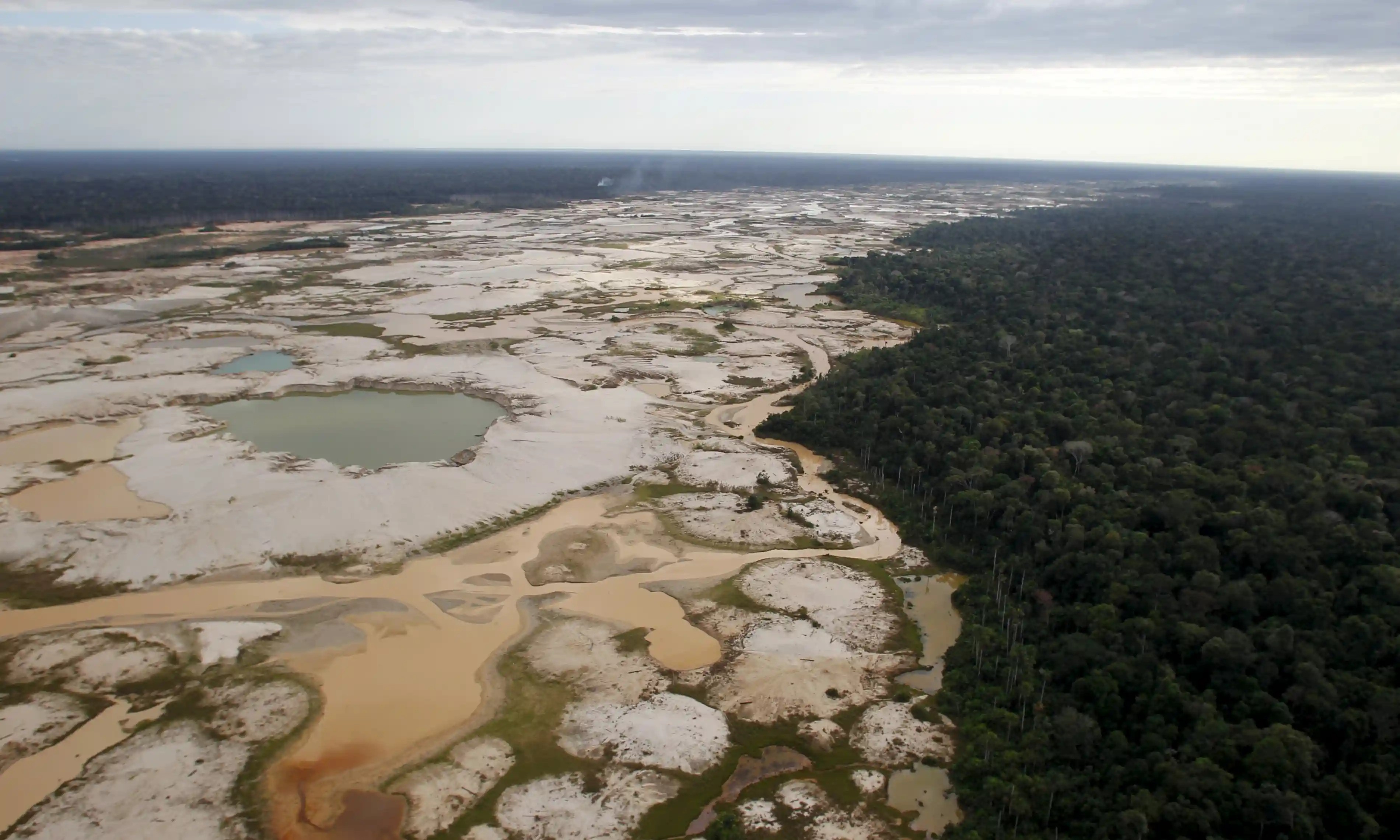In recent years there has been a notable increase in the global demand for cobalt, primarily driven by its significant role in modern technologies, ranging from smartphones to electric vehicle batteries. Amnesty International projects that the demand surge for cobalt could reach 222,000 tones by 2025. This surge has significantly intensified cobalt production, with over fifty percent of the global production originating from the Democratic Republic of Congo (DRC). The Democratic Republic of Congo derives substantial benefits from cobalt mining, which contributes to 90% of their exports and 17% of their GDP. However, despite playing a pivotal role in economic development and poverty alleviation, the cobalt mining process in the DRC raises multiple ethical concerns.
Ethical Dilemmas and Labour Exploitation in the Cobalt Mining Industry
The Democratic Republic of Congo which holds 64% of global cobalt reserves relies significantly on artisanal small-scale mines (ASMs). These ASMs are notoriously known for intensive human labor and hazardous conditions, particularly affecting women and children. They operate with minimal regulation, leading to child labour exploitation, with approximately 40,000 children engaged in cobalt mining.
While industrial and artisanal mines coexist, the latter employs an estimated 150,000 to 200,000 people, supporting nearly 2 million individuals directly. The accessibility of ASMs to lower-income individuals is attributed to the smaller size of available machinery and absence of heavy equipment. However, the lack of regulation and monitoring in these mines fosters an environment ripe for labor exploitation.
Although artisanal mining offers employment opportunities, it also perpetuates workplace violations, hindering genuine socio-economic empowerment for those in marginalized communities. The informal nature of ASMs, coupled with inadequate monitoring, poses significant challenges in ensuring dignified working conditions and preventing exploitation. Despite efforts to reduce the reliance on ASMs, accurately assessing the extent of artisanal mining remains challenging, due to undisclosed rates within large-scale industrial mines. This opacity complicates efforts to distinguish outputs between large- and small-scale mines, exacerbating the difficulties posed by the unregulated nature of ASMs.
The ethical dilemmas surrounding this industry highlight the urgent need for a comprehensive regulatory framework to safeguard against exploitation and ensure dignified working conditions.
Possible solutions
Among all the ethical dilemmas presented, child exploitation presents a critical challenge in cobalt mining, posing a risk of perpetuating poverty if not adequately addressed. Banning or restricting ASMs may not effectively mitigate child exploitation, due to weak enforcement of labor laws, exacerbated by institutional deficiencies. A broader restriction on mining activities could exacerbate economic challenges, potentially increasing the vulnerability of children to labor exploitation. Therefore, addressing these issues requires a multifaceted approach, encompassing enhancements in transparency, safeguards for workers, and targeted initiatives aimed at empowering women in mining roles. A transparent approach adopted by the government with the people employed in ASMs could prove to go a long way in ensuring laws are being respected. By empowering underrepresented sections of the society such as the women, there is potential for increased income distribution among miners. As income gets evenly poised out for families, this can consequently reduce the reliance on child labor to supplement household income.
Conclusion
The global demand for cobalt, primarily driven by its crucial role in modern technologies, has brought to light the ethical complexities inherent in its mining process, particularly in the Democratic Republic of Congo. While cobalt mining contributes significantly to the DRC’s economy, the exploitation of labor, particularly of women and children in artisanal small-scale mines, raises serious ethical concerns. Addressing these issues requires a multifaceted approach, including enhanced transparency, strengthened labor regulations, and targeted initiatives to empower women in mining roles. Balancing economic development with stringent regulations is crucial to ensure that the pursuit of renewable energy does not perpetuate exploitation, especially among vulnerable populations, creating an equitable cobalt mining industry that respects the rights and dignity of all involved.


